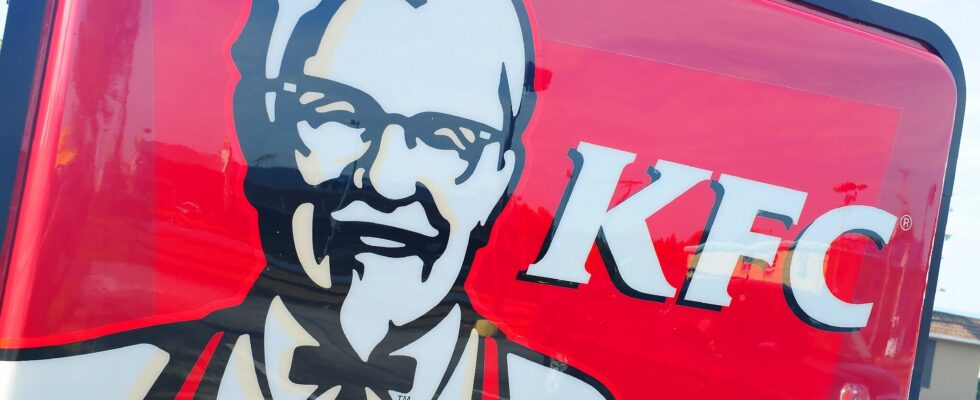Rue de la République is the main commercial artery of Lyon. Suffice to say that elected officials did not hide their concern when a KFC almost set up in place of the restaurant L’Entrecôte, a real institution of the place. A disaster, in the eyes of Camille Augey, the assistant in charge of employment and the sustainable economy. And for good reason: in the immediate surroundings of the venerable establishment there are already a McDonald’s, a Quick, without forgetting Les Burgers de papa. In terms of diversity, we have already seen better… “Fortunately,” says the elected environmentalist, “we intervened with the lessor and were able to negotiate an agreement concerning the rent, which made it possible to maintain L’Entrecôte.”
The French proclaim it in survey after survey: they favor small local businesses. The only thing is: due to the increase in real estate, the best locations are often taken over by the big brands. In addition, fast food is moving closer to city centers to capture the enormous home delivery market. The evolution of Rue de la République in recent decades bears witness to this. The former Pierre Cardin is now dedicated to Prêt à Manger. The Sporama sports store has been replaced by a Starbucks; the former Debeaux pastry-chocolate-ice cream shop has given way to a Quick…
This is not about opposing these stores in principle. “A functioning city center needs both local businesses and large brands,” recalls Emmanuel Le Roch, the general delegate of Procos, the Federation of Specialized Trade. In fact, the consumer demands both famous brands and “he knows the original shops that give each city its specificity.”
A weapon of mass deterrence
To preserve this delicate balance, elected officials have a massive dissuasive weapon: the right of pre-emption, which allows them to take the place of a prospective buyer. Except that no municipality has the financial means to buy everything. “We are facing budgetary limits,” argues Camille Augey. “And then, the right of pre-emption certainly makes it possible to block a sale, but not to expropriate already existing businesses.”
In these conditions, what to do? Some municipalities demonstrate political voluntarism. Rennes has banned fast food chains from its city centre. Montpellier is pre-empting premises to promote medium and high-end independent businesses. Paris, which owns 10% of the buildings, is primarily installing local stores there and claims the title of “first city in Europe in number of traders and craftsmen per inhabitant”.
In Lyon, Camille Augey pleads for a change in the law. “Mayors should be allowed to regulate commercial rents, as exists for housing,” she argues, drawing inspiration from an idea from Martine Aubry, the mayor of Lille. A suggestion that leaves Johanna Benedetti, the president of the Lyon merchants’ association My Presqu’île, skeptical. “In many cases, this would amount to a gift to McDonald’s and others who don’t need it at all.” So she suggests a completely different idea. “Prefects should be able to ban fast food establishments around a school. The health of our children is at stake!”
It is true that we are never safe from unpleasant surprises. Some time ago, the city of Lyon managed to block another KFC, which wanted to set up in the Croix-Rousse district. Never mind: the cooked chicken specialist has finally set his sights on another location, located… rue de La République.
